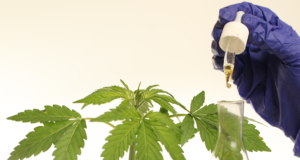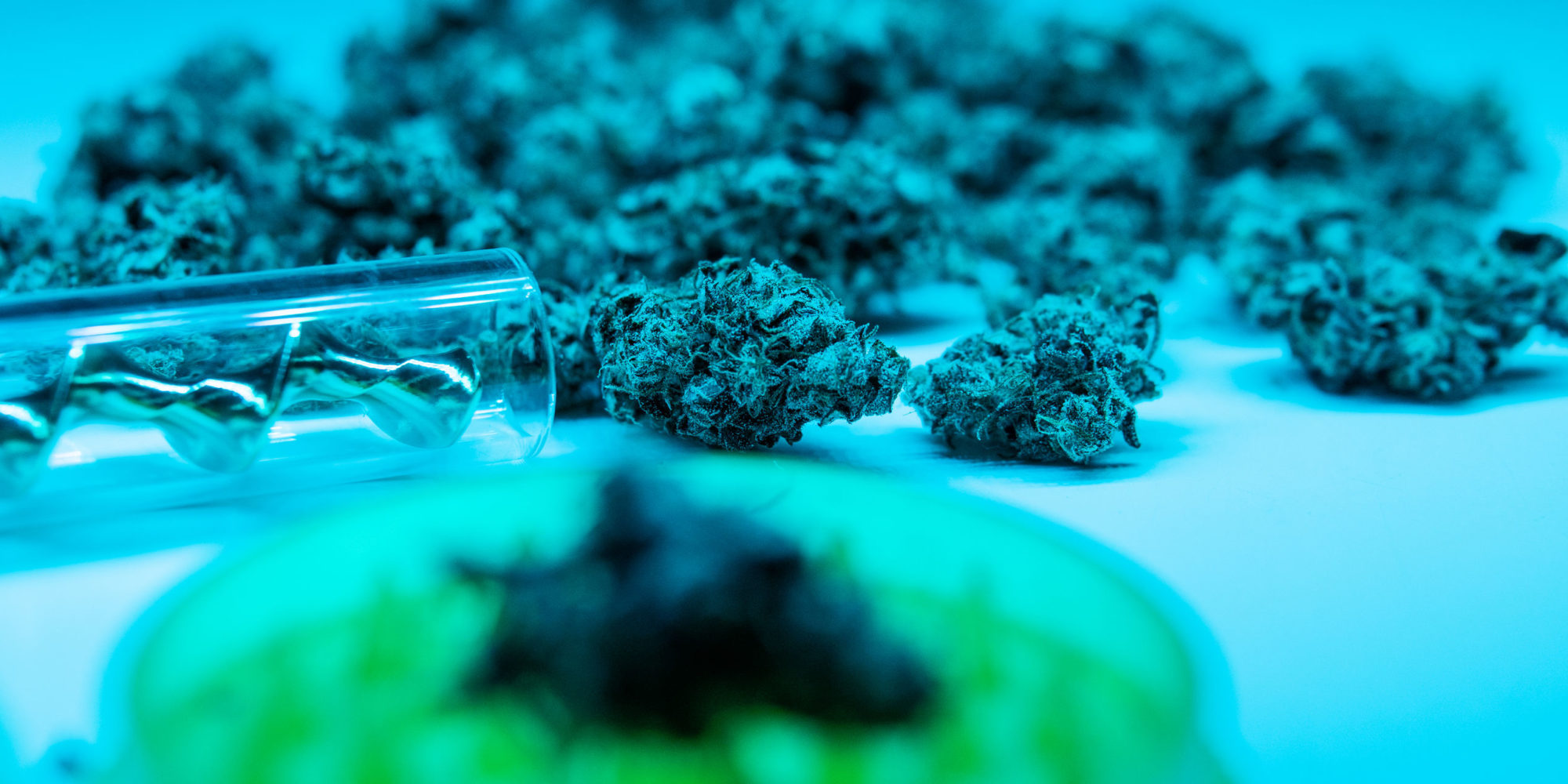Biomass transactions have historically not been simple cash deals. Early segment development saw extractors learning on the job, dialing in their lines, and using “splits”, along with a brisk market for CBD derivatives to cash flow the operation. Tolling splits have been such a significant part of this market’s development, adding complexity to the economics of CBD hemp production and extraction. Pricing volatility has been a complication, with anyone long in hemp extracts seeing the value evaporate last year, and those still holding substantial inventory wondering what the future will look like for hemp prices.
 Tolling splits have historically been a 50/50 split, with the farmer taking half of the offtake crude from extraction. Splits for refinement are also commonplace, where remediators get a portion of the full or broad-spectrum product, or isolate, post-refinement. Biomass that is less than 8% may be tipped in the extractors favor, taking 60%, or even 70% of offtake as their operating costs increase.
Tolling splits have historically been a 50/50 split, with the farmer taking half of the offtake crude from extraction. Splits for refinement are also commonplace, where remediators get a portion of the full or broad-spectrum product, or isolate, post-refinement. Biomass that is less than 8% may be tipped in the extractors favor, taking 60%, or even 70% of offtake as their operating costs increase.
Access Our Hemp Price Forecast
Friction between extractors and farmers emerged last year as farmers expectations for returns were dashed. In-house testing by the extractor saved the farmer a few bucks at the point of sale, but we cannot recall many farmers saying they came out on top with the extractor paying them based on their own analysis. This type of arrangement is commonplace at grain elevators, where weighing, probing and analysis can be done right in front of the farmer, should they choose to leave the cab. But cannabinoid testing is far more complex than getting the moisture, test weight, or foreign matter used in a grain facility, corn genetics are far more consistent, and modern combines produce a clean crop of unbroken kernels. Standards don’t exist yet for hemp testing to give a farmer the confidence to stay in the cab, so to speak. Hemp genetics certainly don’t either.
Part of the issue is that a producer will more often characterize the CBD content by field sampling, not a homogenized sample. Any extractor still operating today is savvy enough not to buy a bulk lot based on a cherry-picked analysis. But where is the consensus on testing standards between the two parties, and how does one determine an equitable sampling method? This is most effectively done using a third party, and agreed upon standards. Hemp market pricing reported in The Jacobsen’s hemp benchmark price reporting is another way for farmer and extractor to rely on an objective third party for settling contracts.
Extractors are keen on cash tolls at this stage of the game, which range from $5 to $25/lb of input material, but they are compelled to take splits if they want to keep the line operating. The staggering amount of biomass in the US and the desperate need for farmers to not let the material go to waste has kept extraction facilities working steadily and building a vast, dispersed inventory of CD derivatives.
Farmers are better positioned if they negotiate splits or price based on dried input, rather than output, which is subject to the vagaries of extraction efficiencies at best. At worst, unethical operators can have their way with you. Homogenous samples are the only fair standard for hemp biomass transactions. CBD content can fall precipitously between the field and the extraction column. This is one factor in the many aborted biomass transactions since hemp markets opened up. Analysis impacts other key aspects of hemp and cannabinoid markets where it intersects with policy, but CoA’s for transactions are purely a market issue.


 Tolling splits have historically been a 50/50 split, with the farmer taking half of the offtake crude from extraction. Splits for refinement are also commonplace, where remediators get a portion of the full or broad-spectrum product, or isolate, post-refinement. Biomass that is less than 8% may be tipped in the extractors favor, taking 60%, or even 70% of offtake as their operating costs increase.
Tolling splits have historically been a 50/50 split, with the farmer taking half of the offtake crude from extraction. Splits for refinement are also commonplace, where remediators get a portion of the full or broad-spectrum product, or isolate, post-refinement. Biomass that is less than 8% may be tipped in the extractors favor, taking 60%, or even 70% of offtake as their operating costs increase.